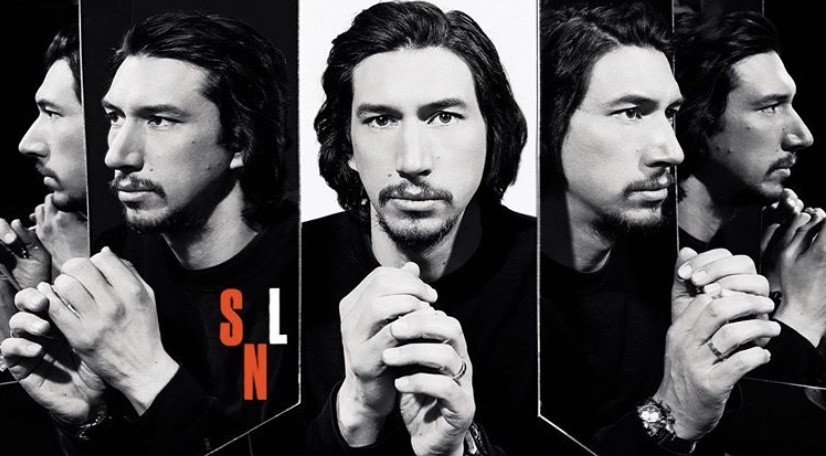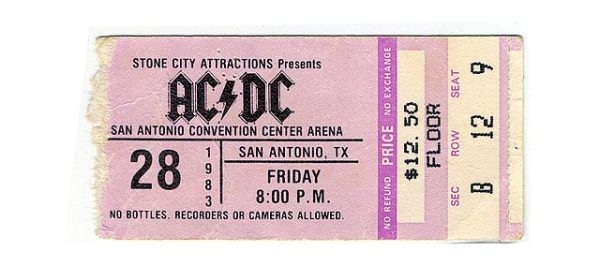Comedy no longer defined by low blows as society progresses
Mary Ellen Matthews / Saturday Night Live
Driver hosted 2020’s first episode of Saturday Night Live on Jan. 25., which is a part of SNL’s 45th season. Driver hosted alongside musical guest Halsey. This was Driver’s third time hosting.
Many were excited to watch Adam Driver host Saturday Night Live for the third time on Jan. 25, and many were shocked when, in his opening monologue, Driver brought attention to a supposedly transphobic skit that was supposed to happen.
In Driver’s opening monologue, he openly admits that he is just trying to stall so that a sketch that he finds transphobic will not be aired. “I play a woman in it and I can’t tell if it’s really transphobic or really dated,” Driver said.
Loads of fans were quick to praise Driver for sticking up for what is right, but that was quickly followed up with curiosity as to whether the statement was a part of the opening monologue joke or not.
Many noticed that Driver’s opening monologue was not any longer than any other opening monologue. Additionally, neither Adam Driver or SNL have made comments about this statement since the episode aired which is starting to convince fans that this was just an attempt at a joke and not Driver calling out SNL for being transphobic.
Although Driver’s statement has quickly been passed from a serious accusation to a genuine joke, many were quick to believe that SNL would have made up a transphobic sketch. This begs the question: is it possible to be funny without being offensive?
Many comics have gotten into hot water for comments they have made during their sets that have been viewed as offensive or too far. Dave Chappelle was called out for his most recent Netflix special not too long ago, and even Pete Davidson had to publicly apologize after making jokes about former Navy SEAL, Dan Crenshaw.
It is not uncommon for comedians to want to push the envelope, to want to try and blur the line between funny and controversial. It is a challenge for most comedians to see how far the joke can go before it is considered offensive.
Comedy is ever-evolving, and that is a great thing. Because many have started calling out comedians or sketches that have crossed the line, we as a society learn how others are affected by the jokes that are made at the expense of others.
It is easy to dismiss offensive jokes for just being “very controversial” or “jokes that are just not your taste,” but today, we are able to clearly see what was an ill-mannered joke and what’s just plain wrong.
Even though Driver’s statement was not intended for anything other than comedic purposes, it has brought out a larger, more important conversation that many comics today seem to be grappling with.








Christian Searight • Feb 29, 2020 at 9:02 pm
Personally, I feel the age of comedy has already ended, and I’ve come to accept it. Everyone is offended by everything, even a simple “Chicken Crossing the Road” joke. What the common consensus says is: “If you have any sense of humor, you don’t belong.” It’s sad, I know. And I hate seeing that happen. I feel bad.